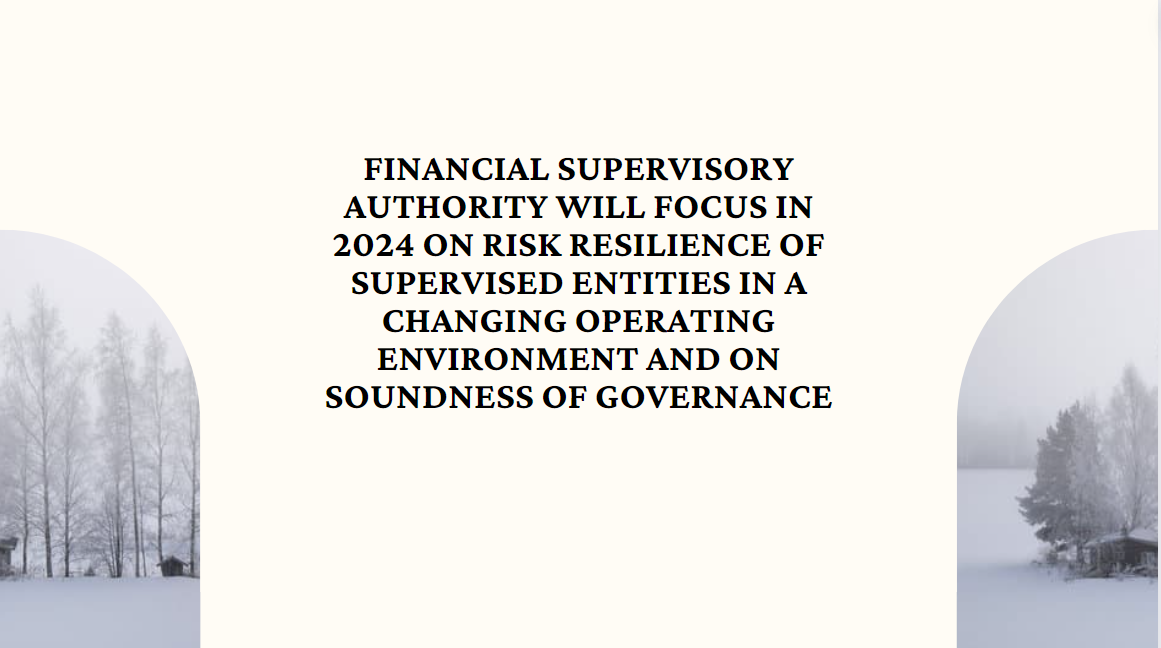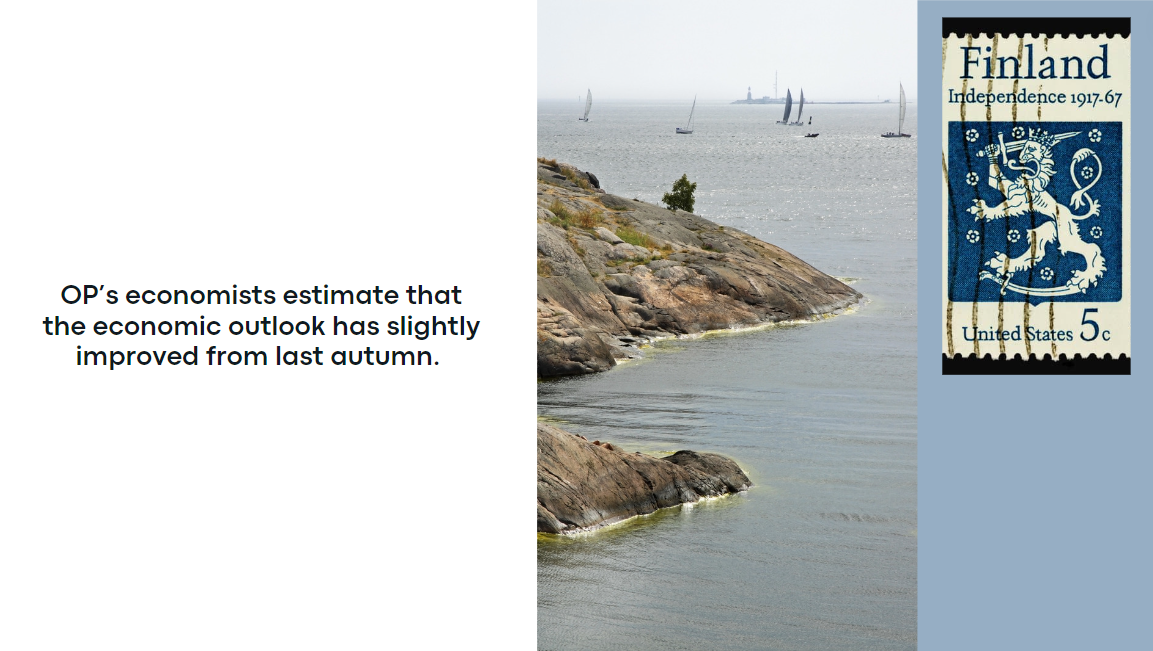Over half of large corporations have changed subcontractors due to ESG requirements – SMEs that manage ESG well have now a clear competitive edge
Over half of Finnish large corporations say that they have changed subcontractors due to tightening ESG (Environmental, Social, Governance) obligations, and about the same proportion plans to do so soon. Big companies say that they have changed industrial subcontractors and raw material suppliers in particular. Tightening obligations applied to large companies are creating opportunities for SMEs that manage ESG well.
ESG has been in the news lately, due to opposition to the proposed Corporate Sustainability Due Diligence Directive. However, OP's Survey of Large Corporations reveals that companies do not view regulatory compliance as the key reason for taking account of ESG in business. Fulfilling customers’ wishes is the most important reason, with regulatory compliance coming only third in the list of priorities.
When committing to sustainability, large companies must fully assess whether they can continue cooperating with their current subcontractors and suppliers. According to OP's Survey of Large Corporations, more than 80 per cent of respondents find that ESG commitments are pressurising them to tighten or renew requirements across their subcontracting chains.
This continues to affect rising numbers of suppliers – most of which are SMEs – in large companies’ value chains. Almost 56 per cent of respondents have already had to change subcontractors or suppliers due to ESG requirements.
“In view of large companies’ emissions targets, the elimination game is understandable: in many sectors, value chain emissions (Scope 3) form a large part of overall emissions. SMEs are hugely important to Finland’s GDP. In addition, to maintain the SME sector’s vitality, subcontractors and suppliers must be supported and trained rather than replaced during the sustainability transition. Financing is one of the ways in which OP Corporate Bank helps SMEs to make this journey,” says Katja Keitaanniemi, CEO of OP Corporate Bank.
“Those SMEs that are developing their activities in line with ESG requirements and regulations, and whose businesses stand up to scrutiny, are now ahead of the game,” says Keitaanniemi.
Industrial subcontractors and raw material suppliers are particularly vulnerable to replacement
The respondents state that changes of value-chain supplier due to sustainability obligations have focused on primary producers, particularly industrial subcontractors, raw material suppliers and suppliers in the ‘other service purchases’ category. A third of respondents that have changed supplier have also had to change logistics subcontractors, and slightly under a third have had to replace distributors and dealers.
Changes will continue to be made in the future. Over 53 per cent of respondents foresee changes of subcontractor or supplier in the near future, due to ESG obligations. Changes remain particularly likely regarding industrial subcontracting, raw materials and other service purchases.
The results are based on OP’s annualSurvey of Large Companies, which measures large Finnish company executives’ views on business and economic developments. A total of 176 senior executives representing 141 large Finnish companies and large subsidiaries operating in Finland responded to the survey. According to their latest certified financial statements, the responding companies have combined revenue of over 244 billion euros. The survey was conducted in autumn 2023. OP Financial Group carries out the Survey of Large Corporations in partnership with the Nordic Institute of Business and Society (NIBS) think tank founded by Aalto University professors. The Survey of Large companies has been conducted since 2012. The material it generates is also unique among international longitudinal surveys.























































First, please LoginComment After ~